Kross74
TPF Noob!
:heart: I'm reading a book about the basics of photography. In the book it suggest that beginners should learn photography with a film camera instead of digital.
What do you pros suggest and please include your experience.
Thanks for all your help!
Just to ad this...I don't plan on developing any films, at least not yet. Unfortunately, the house we currently have has no basement. We have 4 small children and the chemicals are a huge concern. I played around with the idea of turning one of the spare rooms into a darkroom but tossed it out because the rooms aren't off away by itself. So again, I have no plans for developing film, at least not now.
Thanks guys!
What do you pros suggest and please include your experience.
Thanks for all your help!
Just to ad this...I don't plan on developing any films, at least not yet. Unfortunately, the house we currently have has no basement. We have 4 small children and the chemicals are a huge concern. I played around with the idea of turning one of the spare rooms into a darkroom but tossed it out because the rooms aren't off away by itself. So again, I have no plans for developing film, at least not now.
Thanks guys!


![[No title]](/data/xfmg/thumbnail/37/37604-7ad625e983f92f880eb65a264eeef5e4.jpg?1619738148)
![[No title]](/data/xfmg/thumbnail/37/37603-739c5d9b541a083a12f2f30e45ca2b7b.jpg?1619738147)
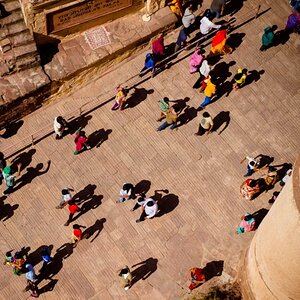
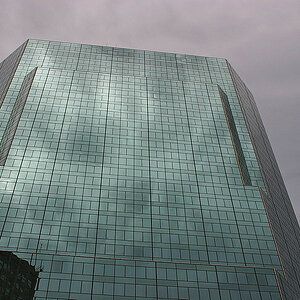
![[No title]](/data/xfmg/thumbnail/33/33360-ff0b69685c94740bde3f53b6d7aa9af1.jpg?1619735924)
![[No title]](/data/xfmg/thumbnail/33/33357-bd174890e33fb2a7f7338b9278e6dad2.jpg?1619735920)
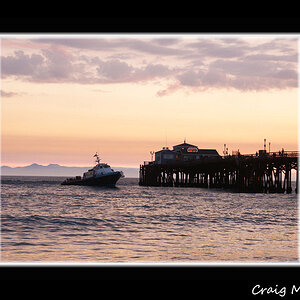

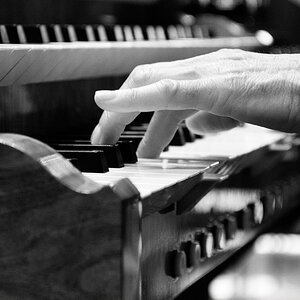
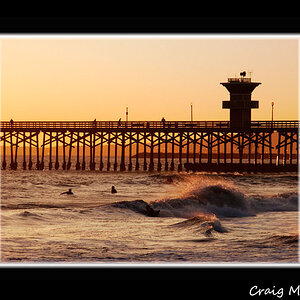
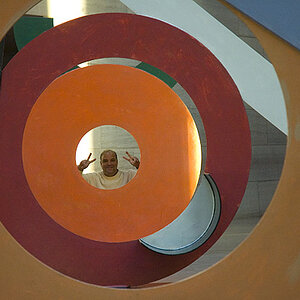
![[No title]](/data/xfmg/thumbnail/31/31045-f4eb92f5d5eaca89ec5966763eea2dae.jpg?1619734585)